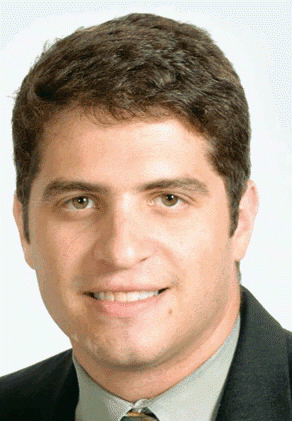If you understand the problem, you can fashion your practice to accommodate the issues, she said, such as making your office appointment/visit user-friendly to all patients and recognizing the patient population that may have difficulties. Other techniques that can be used are showing or drawing pictures to convey information, slowing down when talking, listening more, and sitting versus standing when talking to the patient. When using written material, physicians should use information written at a sixth-grade level and limit content.
Explore This Issue
December 2008Dr. Kuppersmith suggested incorporating techniques to evaluate health literacy into one’s practice and to provide materials to ensure effective communication with patients. While best practices may not be currently available, there are a lot of existing resources, he said, adding that these issues are ripe for research efforts.
 The inability to communicate because of cultural competency issues or because the physician fails to appreciate reduced literacy results in suboptimal care, reduces patient compliance, and may result in poorer outcomes.
The inability to communicate because of cultural competency issues or because the physician fails to appreciate reduced literacy results in suboptimal care, reduces patient compliance, and may result in poorer outcomes.-Ronald B. Kuppersmith, MD, MBA
Health Disparities
One of the more difficult issues to resolve is that of health disparities in the United States based on access to health care. With the current high rates of uninsured, along with unsustainable, skyrocketing insurance premiums, the problem of access is only growing and contributes to both the reduction in quality care and the rise in cost.
Unequal access to health care will lead to suboptimal health care for all, as there will be increasingly limited resources to provide quality health care, said Amy Y. Chen, MD, MPH, of the Department of Otolaryngology at Emory University in Atlanta, adding that a disproportionate amount of resources will be used for acute health care rather than preventive, which is often less expensive.
As with issues of cultural competency and health literacy, Dr. Chen emphasized the need to raise awareness of health disparities among otolaryngologists and head and neck surgeons.
 It is important to realize that depending on our cultural/ethical background, we may all view the world through a slightly different lens and have a different perspective. As a physician, it is important to remember empathy and, when possible, have more than one possible treatment plan.
It is important to realize that depending on our cultural/ethical background, we may all view the world through a slightly different lens and have a different perspective. As a physician, it is important to remember empathy and, when possible, have more than one possible treatment plan.-Duane J. Taylor, MD
An example of health disparity among otolaryngologic practices is a study published in 2004 that showed unequal access to tonsillectomies and adenoidectomies for children based on the type of insurance coverage (Pediatrics 2004;114:e584-90). The study showed that 97% of providers would offer an office evaluation to a child covered by private insurance, whereas only 27% would provide the service for a child covered by government-funded insurance.
Leave a Reply